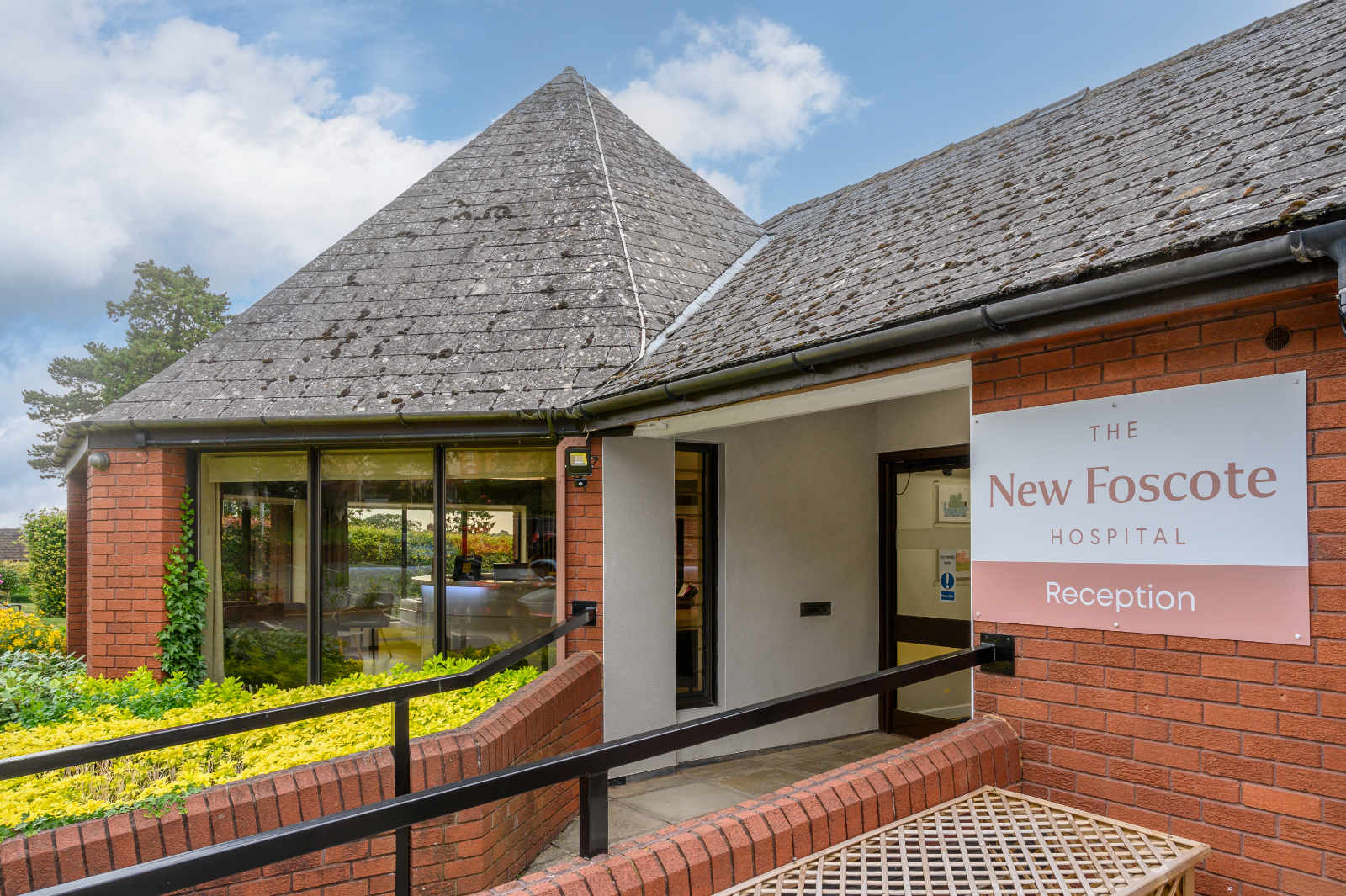Contents
Shoulder Replacement
Overview
A shoulder replacement (arthroplasty) involves replacing the damaged ball-and-socket surfaces of the shoulder joint with artificial components. Surgery can be anatomic (copying natural anatomy) or reverse (socket on the arm side, ball on the shoulder side) depending on rotator-cuff status. It is recommended when pain and stiffness from arthritis, fractures or massive cuff tears prevent everyday activities and non-operative treatments no longer help. Our consultant shoulder surgeons at The New Foscote Hospital provide rapid diagnosis, state-of-the-art implant options and enhanced-recovery physiotherapy to restore pain-free movement.
Conditions That May Lead to Shoulder Replacement
| Primary osteoarthritis | Progressive cartilage wear causing deep, aching pain and crepitus |
| Post-traumatic arthritis | Previous fracture or dislocation leading to early joint degeneration |
| Massive, irreparable rotator-cuff tear | “Cuff-tear arthropathy” with weakness and superior migration of the humeral head |
| Inflammatory arthritis | Rheumatoid or psoriatic arthritis attacking joint surfaces |
| Avascular necrosis | Loss of blood supply after trauma, steroids or alcoholism |
| Failed previous surgery | Mal-united fractures, failed fixation or prosthesis |
Key Symptoms
- Constant, deep shoulder pain, often disturbing sleep
- Stiffness and reduced range of movement (unable to reach hair or high shelves)
- Grinding or catching sensation with rotation
- Loss of strength for lifting, dressing or driving
- Reduced quality of life despite pain-killers, injections or physiotherapy
If these symptoms persist for > 6 months and limit daily activities, shoulder-replacement assessment is appropriate.
Diagnosis at The New Foscote Hospital
- Consultant examination – strength, range, rotator-cuff integrity.
- Digital X-rays – assess joint space, bone loss, deformity.
- CT scan – 3-D planning of glenoid bone stock and implant positioning.
- Ultrasound or MRI if rotator-cuff status is unclear.
- Shared review of imaging and treatment options the same day.
Treatment Pathway
Non-operative measures first
- Activity modification, physiotherapy, NSAIDs
- Ultrasound-guided corticosteroid injection or hydrodilatation for frozen shoulder
Surgical options
- Anatomic total shoulder replacement – intact rotator cuff, good glenoid bone
- Reverse shoulder replacement – cuff-deficient shoulders, complex fractures
- Hemi-arthroplasty or resurfacing – selected young/low-demand patients
Enhanced-recovery rehab
- Sling 2–4 weeks (reverse) or 4–6 weeks (anatomic)
- On-site physiotherapy: passive stretching → active motion → strengthening
- Driving ≈ 6 weeks; return to golf/swimming ≈ 12–16 weeks (individualised)
Why Choose The New Foscote Hospital?
- Consultant shoulder arthroplasty surgeons with Fellowship training
- MRI and patient-specific instrumentation for optimal implant fit
- Dedicated shoulder physiotherapists in our on-site rehab gym
- Day-case or single-night stay with private en-suite rooms and free parking
- Short waiting lists, personalised care and direct consultant access
Take the next step
Shoulder pain stopping you enjoying life? Arrange a specialist review today.

Orthopaedic Consultant
Our distinguished team of orthopaedic consultant is here to provide expert support and personalised care.
9 July 2025

